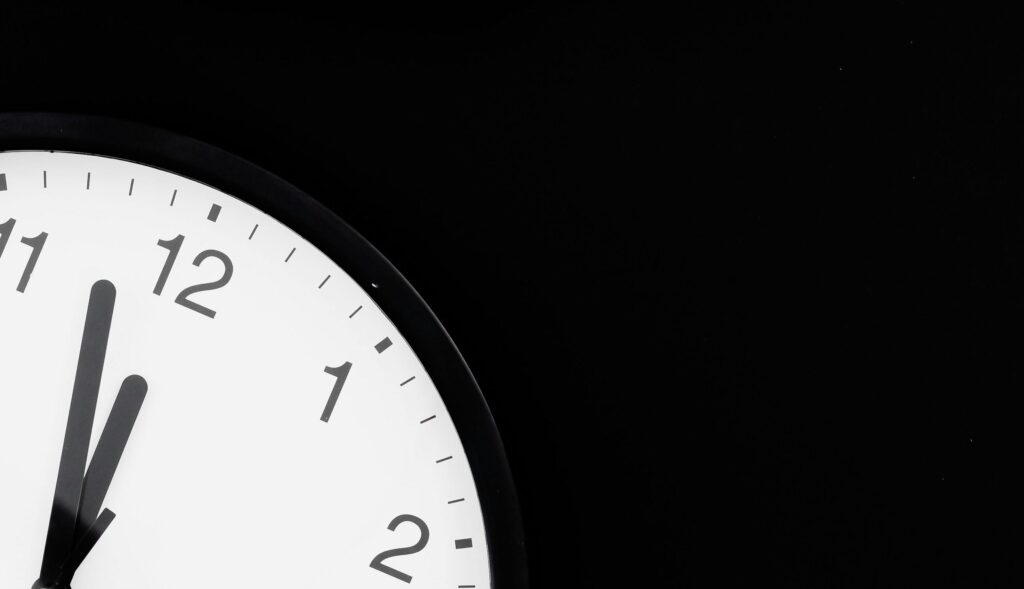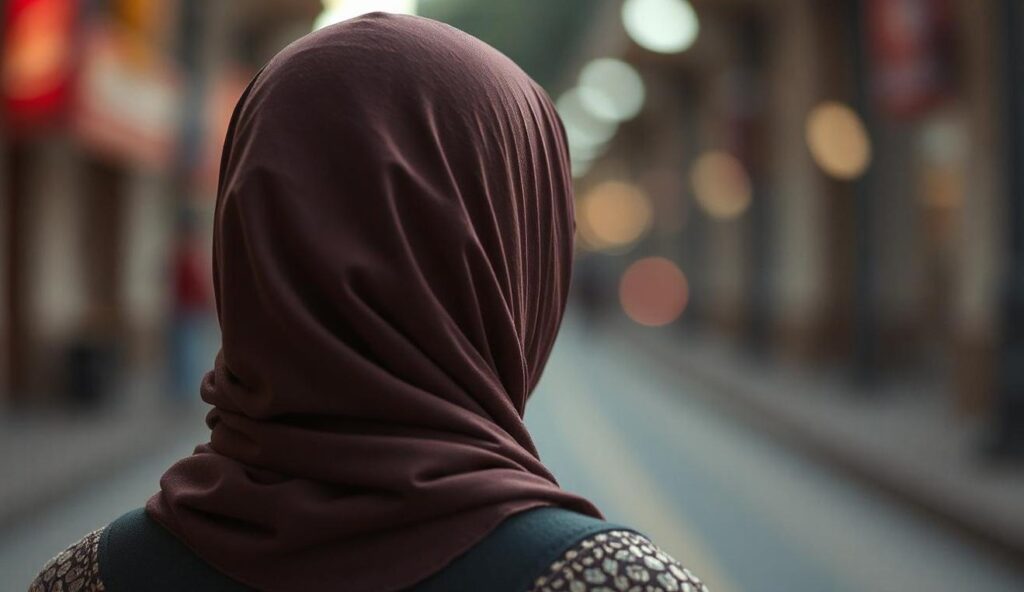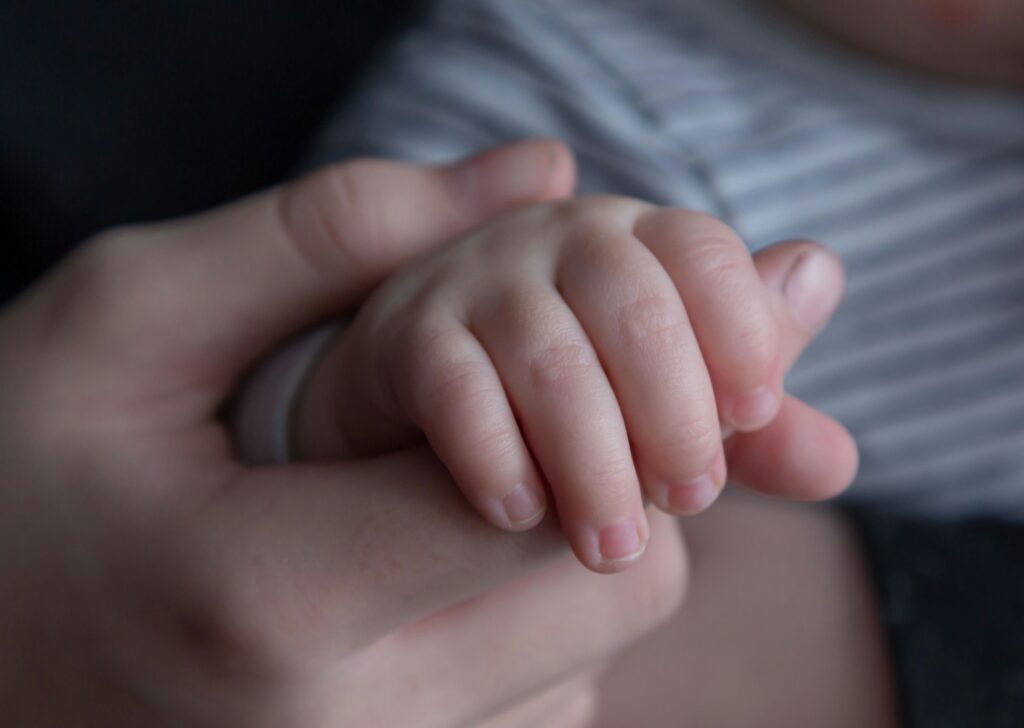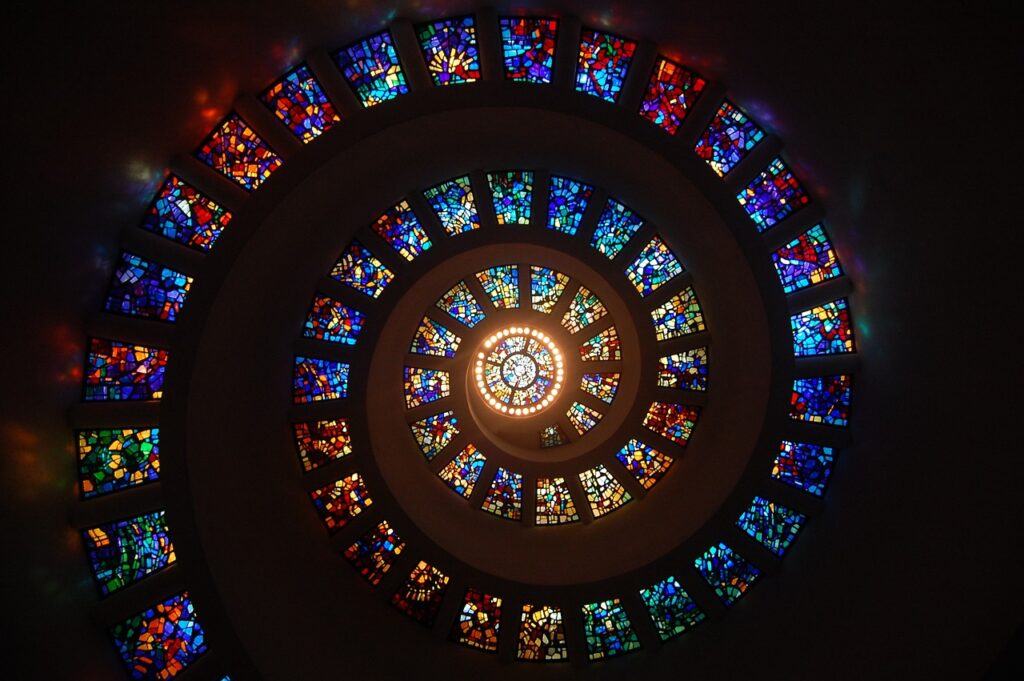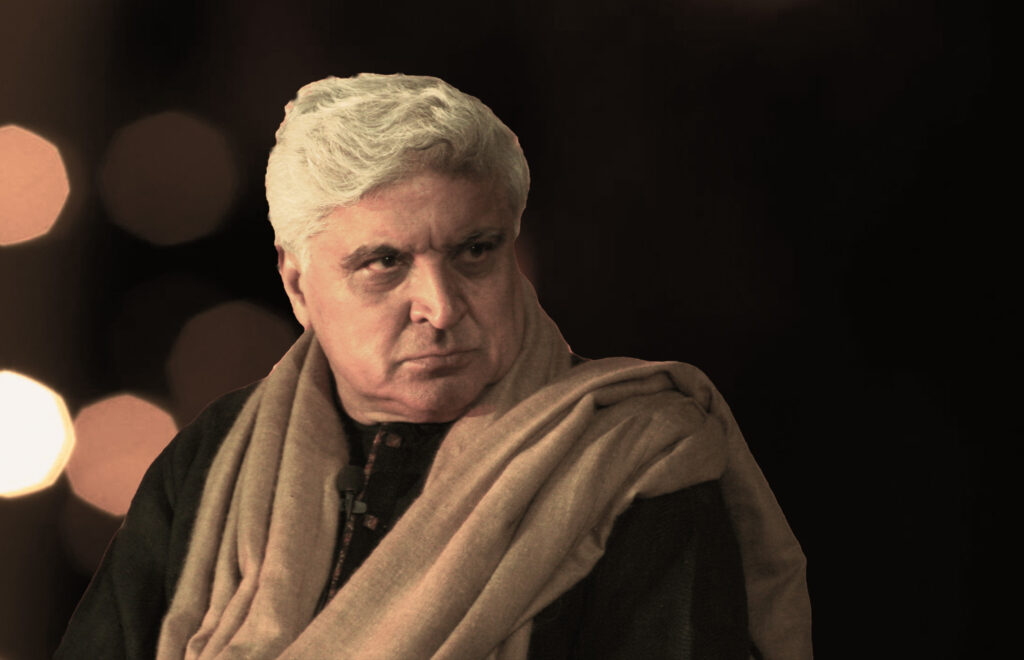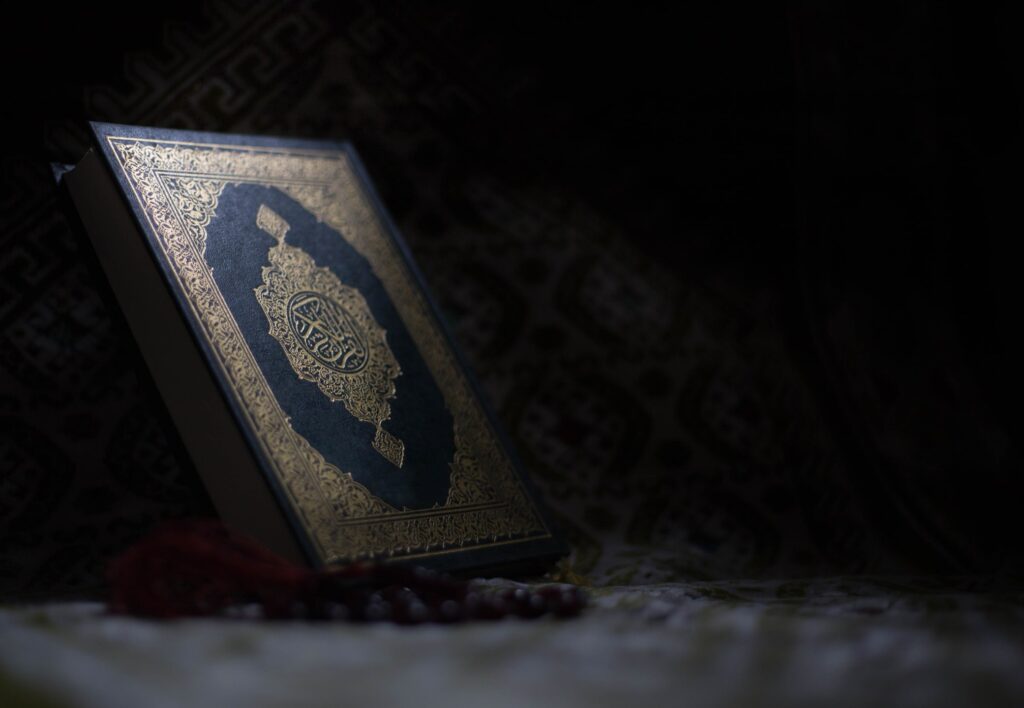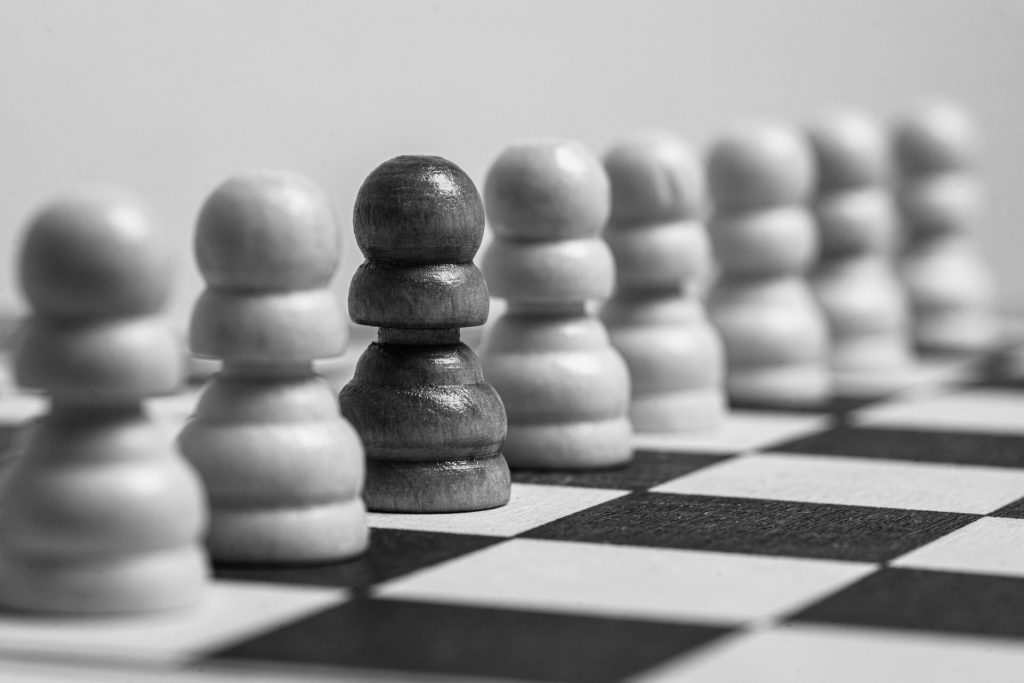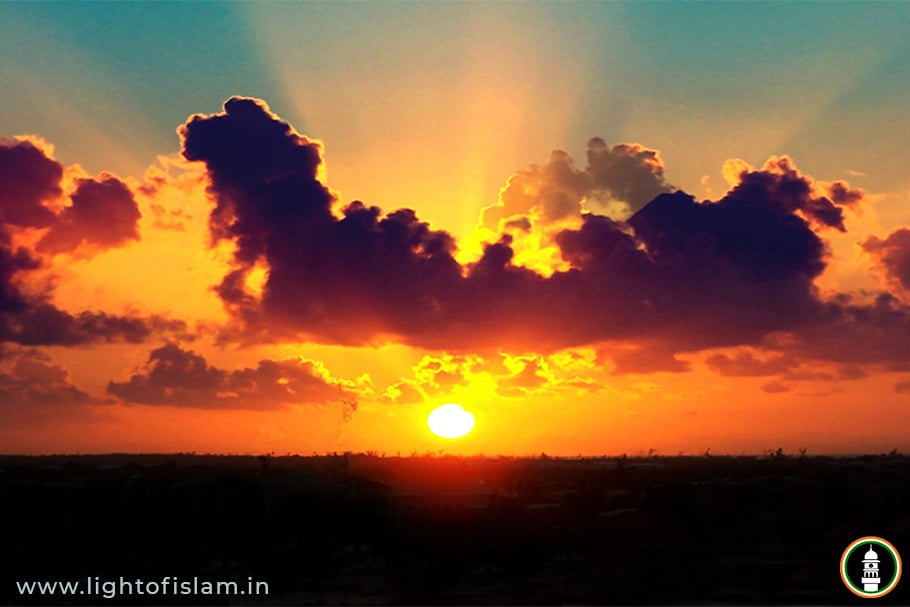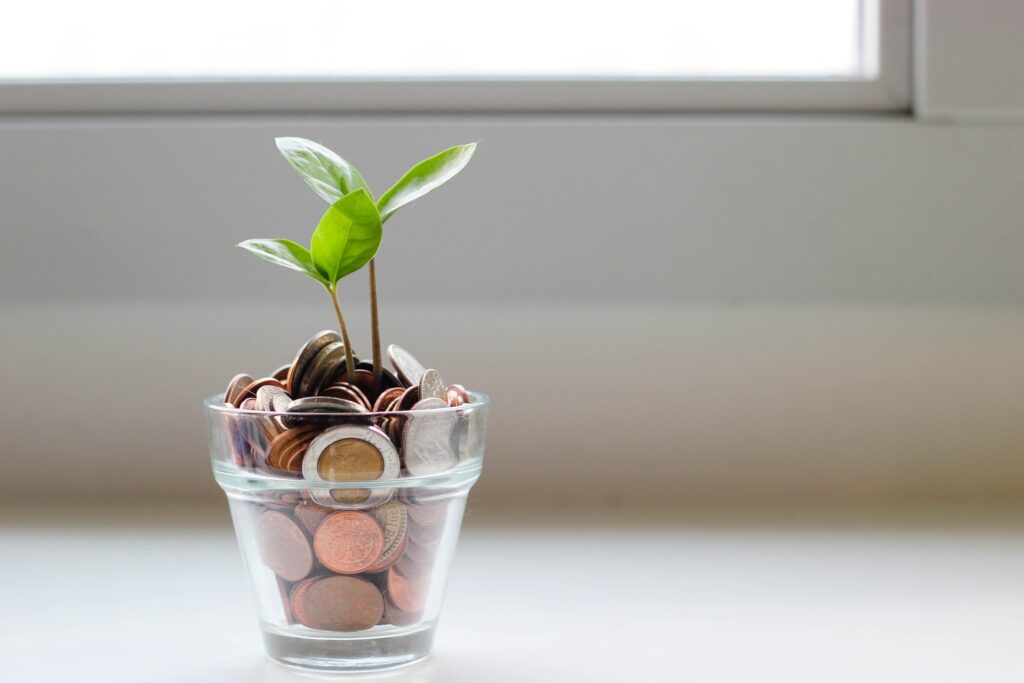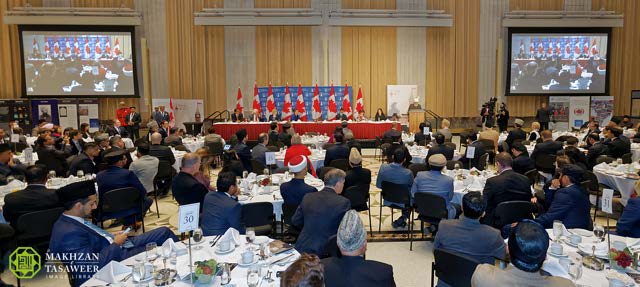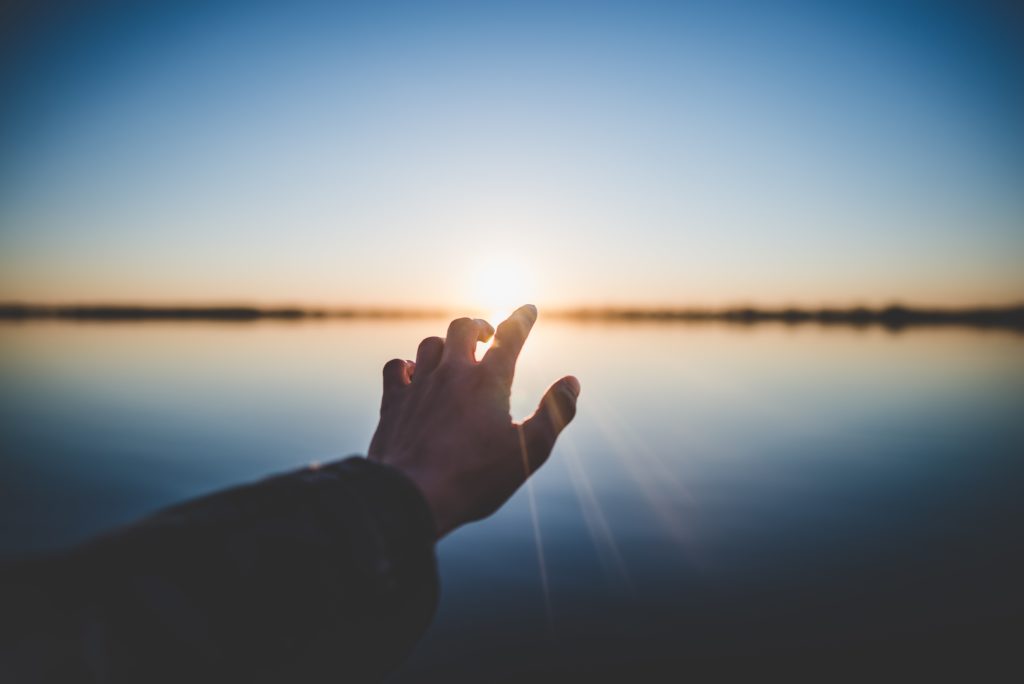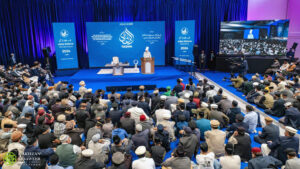ARTICLES
The Ahmadiyya Khalifa urges Ahmadi Muslims to engage in prayers and preparedness amid escalating global tensions.
Opinions often surface branding the hijab as a symbol of oppression. Here, we respond to a recent Newslaundry article, challenging the narrative that Muslim women require ‘liberation’ from their choice to wear the veil.
If God is an epitome of love, why should we fear Him? The Ahmadiyya Khalifa explains the Islamic concept of righteousness, highlighting how true love inspires a fear of displeasing the beloved.
Islamic teachings provide essential principles for living in a society, addressing the political, social, economic, cultural, and religious aspects of human life.
Postpartum depression is a common yet often overlooked challenge that many new mothers face. Understanding its impact and finding effective coping strategies are essential for both maternal well-being and healthy parenting.
Ahmadiyya Khalifa explains the Islamic concept of religious evolution which occurred in parallel with the cognitive and social development of man.
While Akhtar blatantly characterises all religious people as mentally ill, his statements reveal that he is suffering from the very delusion he seeks to find in others.
Amidst the polarised debates that either advocate for or entirely reject abortion, Islam offers a balanced and logical perspective, respecting the rights of women and the sanctity of potential life.
Ahmadiyya Khalifa explains how important it is for parents, in today’s digital age, to monitor the programmes their children watch and ensure they do not have excessive screen time.
Contrary to the common belief that Adam(as) was forbidden to approach a physical tree, a study of the Quranic verses reveals that the command addressed a concept of much greater significance.
Depression has been called the world’s number one public mental health problem. It is an illness that mostly results from thoughts that are distorted in some way. Fortunately, you don't have to live with depression; you can always show it a way out.
History provides us with enough evidence on how racism – a baseless notion of one's own race being superior to others – can infect a person's mind and preclude any attempt to understand its victims.
Do we need God in the 21st century? What role can religion play today in creating a moral society? Is not the concept of God and religion superfluous in this era of human development?
There are many precautions and safety measures governments are making their subjects to observe so as to tackle the pandemic of COVID-19. But has anyone cared to turn towards the Creator of mankind, Who has been forgotten as if He does not even exist?
The real objective of Ramadan is to make man capable of fulfilling the very purpose of his creation – i.e. to attain the nearness of God.
For over a month under lockdown, people have forgone many of their social rituals and traditions. However, Muslims had no difficulty observing their religious obligations, even confined in their homes.
One does not become the recipient of bounties by merely observing the fast in Ramadan. Instead, it is essential for a person to fulfil its requisites and focus on good deeds.
Islam has often been accused of being a threat to Western culture and civilisation. However, given the Judeo-Christian roots of Western culture, it is actually atheism, not Islam, which threatens to destroy that culture.
World leaders must work towards ensuring that the world we leave behind for our children is marked by peace and prosperity, not a world of crippled economy and malformed children.
While atheists try to disprove God referring to the closure of houses of worship amid Covid-19 concerns, a simple analysis of their claims exposes the flaws in their 'logic' and lies in their 'facts'.

